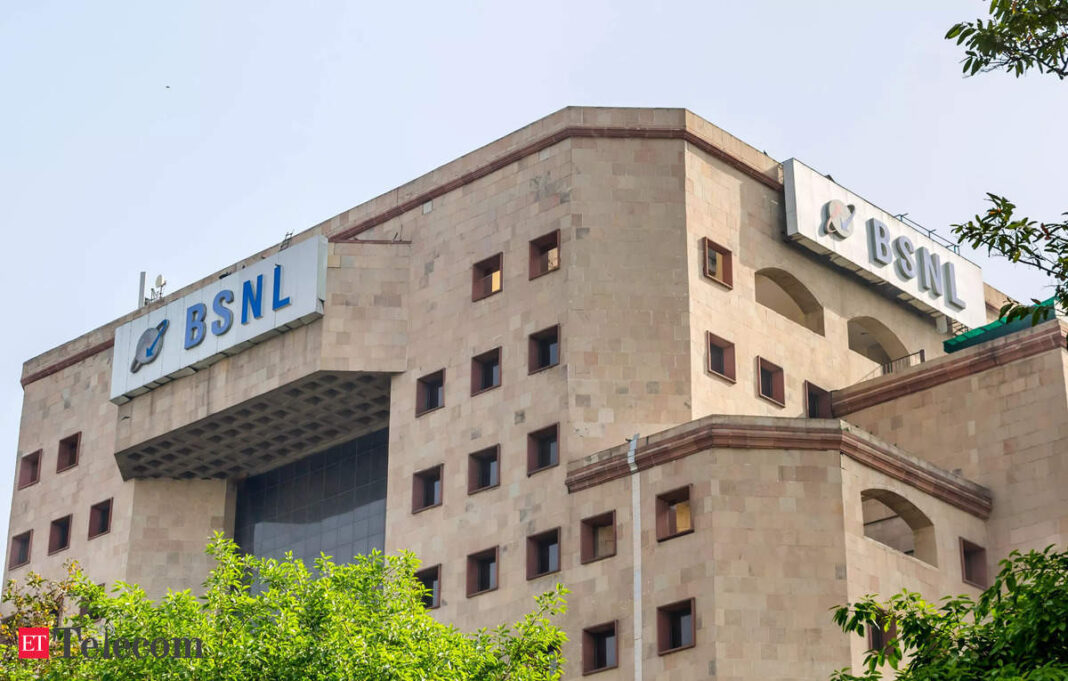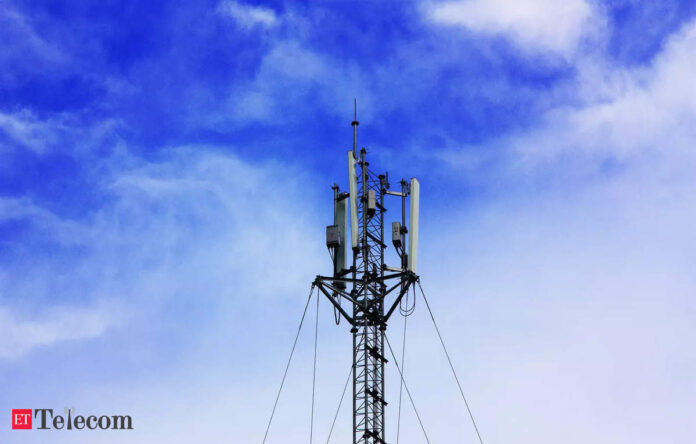In Short:
A trade union is urging the government to allow BSNL to use 4G and 5G equipment from global vendors until indigenous technology is developed. BSNL’s presence is crucial to prevent monopolistic pricing by private telecom operators. Recent tariff hikes by private telcos like Reliance Jio and Airtel are causing difficulties for common people and affecting the ambitious Digital India program. The government clarifies that telecom rates are determined by market forces.
BSNL Urged to Use Global Vendors for 4G and 5G Equipment
The Need for BSNL’s Presence
A trade union has emphasized the importance of Bharat Sanchar Nigam Limited (BSNL) in regulating monopolistic pricing by private telecom operators. The union has requested the government to permit BSNL to utilize 4G and 5G equipment from global vendors until indigenous technology is developed.
Ravindra Himte, General Secretary of the Bharatiya Mazdoor Sangh (BMS), representing over 3 crore workers nationwide, expressed this view in a letter dated July 10, 2024, addressed to Prime Minister Narendra Modi and Minister for Communications Jyotiraditya Scindia.
Impact on Telecom Sector
Himte highlighted the necessity of BSNL’s full-fledged participation as a 4G and 5G player to benefit the nation and its citizens. The absence of advanced mobile services has led to substantial subscriber loss, negatively impacting BSNL’s financial well-being, employees, and public accessibility to affordable data.
He noted the recent tariff hikes by major private telecom operators, affecting citizens financially and hindering the Digital India initiative aimed at bridging the digital gap.
BSNL Employees Union’s Concern
BSNL Employees Union (BSNLEU) expressed concern over significant tariff hikes by private companies despite generating substantial profits. Jio and Airtel reported high net profits, questioning the steep tariff increase imposed on consumers.
Government’s Stance
The Ministry of Communications clarified that telecom service rates are market-dependent within TRAI’s framework. Government policies have maintained low mobile service costs for Indian subscribers, with no intervention in market-driven pricing decisions.





